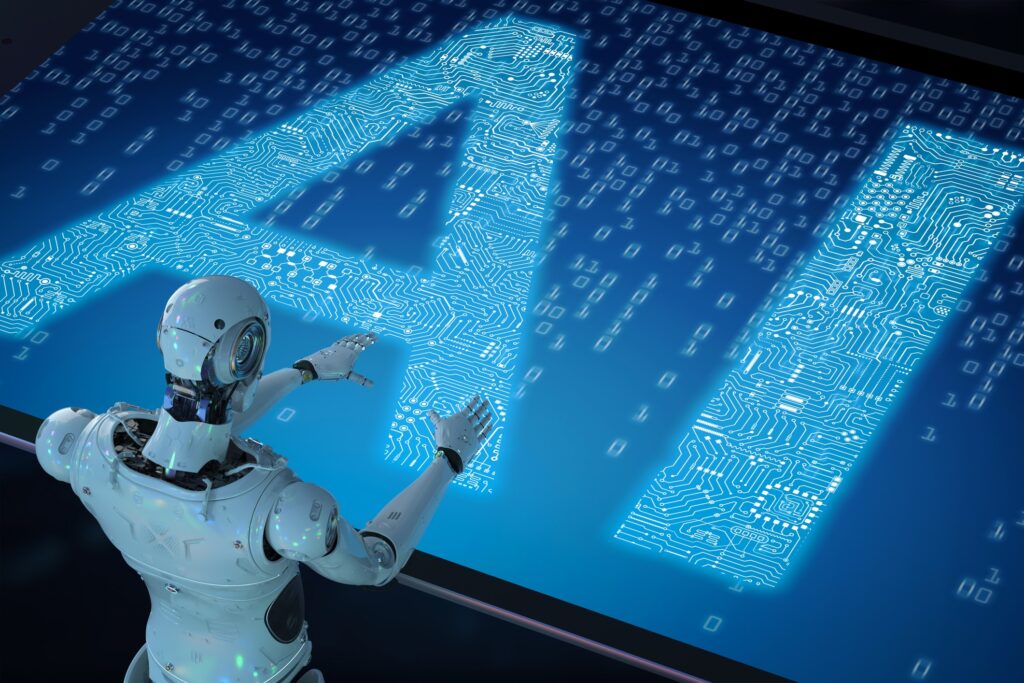
We live in an age of many technological advancements. From smartphones to self-driving cars, we have found ways to make our everyday activities easier and more convenient, but one question begs to be answered: Should we work with or against Artificial Intelligence or AI?
AI is something we now use in our daily lives, and while many view it as a necessity, others can only see the downsides of it. It could be thought of as a helpful tool, and while that may be true, there is also cause for concern on whether it can potentially obstruct the traditional ways we work and operate in the world for the worst.
According to Tableau, AI has many advantages when it comes to efficiency. The article lists advantages such as having 24/7 availability, unbiased decision-making, elimination of human error and risk, data analysis and much more. Tableau says that “AI programs are available at all
times, whereas humans work eight hours a day. Machines can work all through the day and night, and AI-powered chatbots can provide customer service even during off hours. This can help companies to produce more and provide a better customer experience than humans could provide alone.”
While the advantages of AI are evident, many people fear that it may begin to take over their jobs entirely.
According to the BBC, many professionals have expressed their anxiety of AI replacing them in their jobs by providing things they are unable to do themselves. In the article Claire, a 34-year-old PR major who works at a firm, said, “I don’t think the quality of the work that I’m producing could be matched by a machine just yet. Give it a few more years, and I can absolutely imagine a world in which a bot does my job just as well as I can. I hate to think what that might mean for my employability.”
Alys Marshall, a 29-year-old copywriter, also expressed her concerns about AI, according to the BBC. “I think a lot of creatives are concerned. We’re all just hoping that our clients will recognize our value, and choose the authenticity of a human over the price and convenience of AI tools.”
While being anxious in normal, the BBC reported that career coaches and experts believe that instead of worrying about the possibility of losing jobs to AI, that people should be “investing in learning how to work alongside technology.”
Although people are being told not to worry, according to Forbes, Goldman Sachs published a report that estimated 300 million jobs could be lost due to this fast-growing technology. The article also said that “49% revealed that their organizations have benefited the most — with increased financial returns— from AI integrations.”
Even though AI has proven itself to be helpful with the development of jobs and technology, is it best to work with this newly found intelligence or in the future will it replace humans and prove itself to be an advancement for the worst?